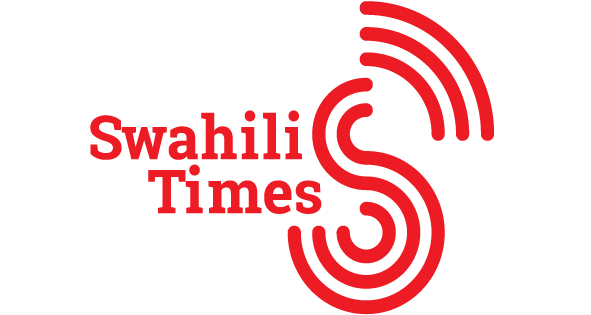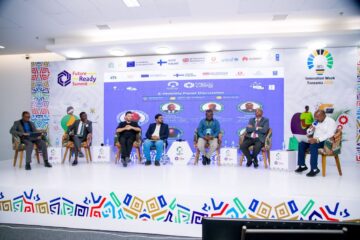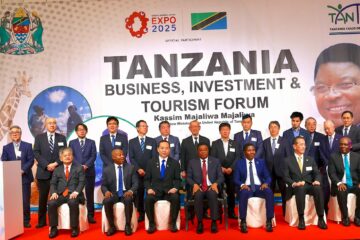Private companies in Tanzania are paving the way in reducing the digital gender gap and driving financial inclusion
The GSMA 2019 Mobile Gender Report shows that in sub-Saharan Africa, women are 13 per cent less likely to own a mobile phone and 41 per cent less likely to use mobile internet than men.
This unfortunately has a detrimental impact for women, especially for their financial independence, creating barriers to mobile banking.
In recent weeks, The Gates Foundation called on G7 finance ministers to endorse their new initiative, which is aimed at closing the digital gender gap in Africa.
Commenting on the initiative, Melinda Gates recognised there is a serious risk that digital technology and mobile banking could bypass millions of women in Africa, potentially setting back women’s empowerment.
Turning to Tanzania specifically, we also have a digital gender gap. According to the report, while the gender gap in mobile ownership is 9 per cent, it increases significantly to 41 per cent for mobile internet users.
Luckily in Tanzania, however, private companies are developing initiatives to combat this gender divide. To look at one example, Tigo Tanzania’s mobile money platform – Tigo Pesa.
The company expounds that Tigo Pesa is designed to meet all their customers’ needs, providing products including micro-loans, saving programmes and insurance and that it has transformed into a one-stop-shop for their users, doubling up as their bank, as well as serving basic communications needs.
Tigo explains that it is determined to empower women and girls, through facilitating financial and digital inclusion while through community based projects it has donated thousands of phones to women to provide them with access to mobile banking apps and control over their finances.
Mobile money has transformed financial inclusion across the continent. With reference to TCRA’s June 2019 quarterly reports and mobile money data from the Bank is Tanzania, the rate of those who are financially excluded has almost halved between 2009 and 2017, an outcome largely attributed to the expansion of digital financial services, particularly mobile money services.
The potential impact of the digital transformation is significant. The consultancy firm McKinsey recently estimated that by 2025, digital financial services could allow up to 1.6 billion people globally to enter the formal economy.
Private companies like Tigo are paving the way in Tanzania in driving financial inclusion, especially among women.










